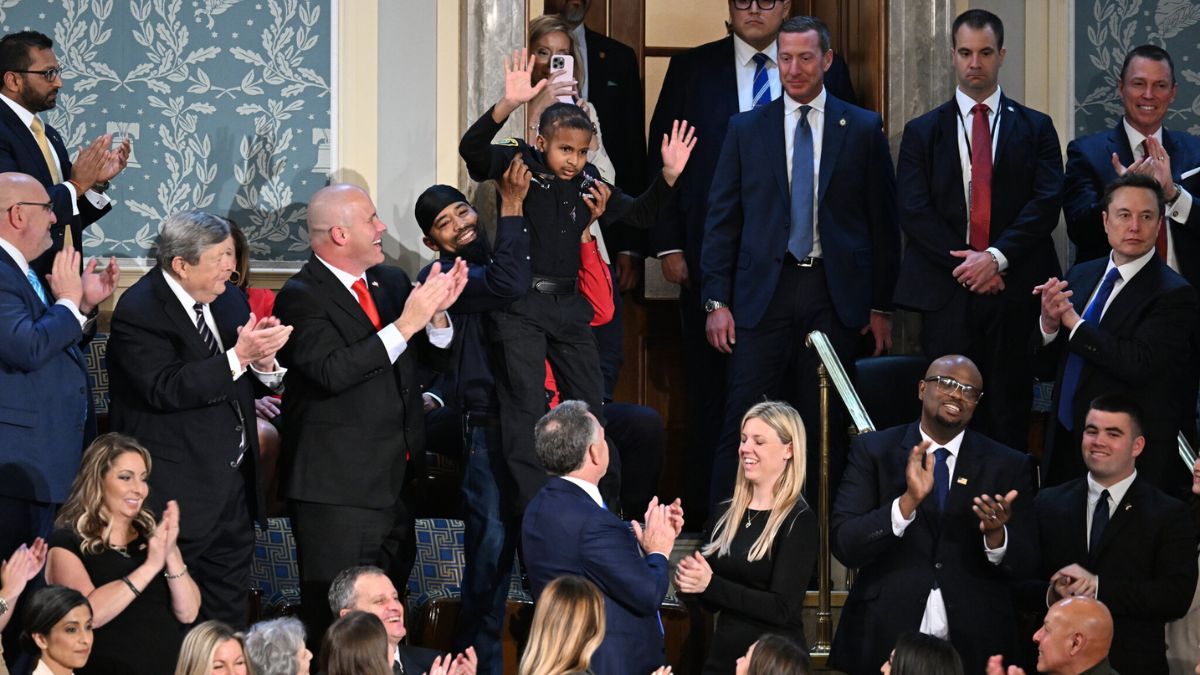


In 2009 Chuck Colson, Robert George, and Timothy George drafted the Manhattan Declaration to affirm “the sanctity of life, traditional marriage, and religious liberty.”
At that time, nearly 10 years ago, most Christians had no trouble understanding why the sanctity of life and traditional marriage were clear biblical principles, and why they needed defending in the public square. But “religious liberty”? Many Christians could not (and still cannot) say plainly what it is, and why it matters. Is it really as important as life and marriage? And is it really in danger?
The answers to these questions then, and now, are “yes” and “yes.”
In 2009, critics of the Manhattan Declaration focused on its call for greater religious liberty protections. A Los Angeles Times editorial called stories of religious liberty infringements mere “anecdotes of the sort radio talk show hosts purvey.”
However, less than a decade later, we see the words of the Manhattan Declaration as prophetic. The ability of Christians to live out their beliefs in their vocations and in the public square is under assault. The legal cases are so many and so diverse that it would be irresponsible to call this groundswell merely the accumulation of “anecdotes.” Government mandates require insurance companies to provide abortion drugs as part of their insurance plans. The Supreme Court has effectively legalized so-called “same-sex marriage,” forcing Christians in the wedding industry to decide between following their conscience or saving their businesses and their jobs.
But I find that many Christians are still underinformed about these threats to religious liberty, and why they are important. So here are a few things you can do to help you understand what you read and hear in the news about these issues. These actions will also prepare you for conversations with your neighbors, and possibly even with conversations with your employer and colleagues, if you find yourself being forced to violate your conscience in your own workplace.
Read the Manhattan Declaration. It is still one of the best short statements on the importance of religious liberty. You can find it here.
Know the facts about religious liberty cases. The Alliance Defending Freedom (ADF) is a great source for news and facts about religious liberty cases. They post almost daily updates on important religious liberty cases here.
Know the Jack Phillips case. It is especially important to know the facts of the Jack Phillips case. Jack Phillips is the Colorado cake baker whose case the Supreme Court will hear this fall, meaning that it will be a part of the public conversation for the next few months. He and his ADF attorney Kristen Waggoner recently appeared on the TV show “The View.” While I normally don’t recommend “The View,” I do suggest taking a look at this clip.
Get involved. Chuck Colson was fond of saying that “politics is downstream from culture.” Judges and elected officials are people, too. They read newspapers, watch television, and listen to the radio. They need to hear the voices of religious liberty advocates. So write letters to the editor, support organizations that protect religious liberty, and attend events that promote religious liberty in your community. The comedian and filmmaker Woody Allen once said, “Eighty percent of success is showing up.” He’s right. Showing up matters.
To summarize: Chuck Colson, Robert George, and Timothy George understood in 2009 that religious liberty is not merely a political issue. It is a gospel issue. It’s now time the rest of us understand that truth, too.
Image courtesy of DNY59 at iStock by Getty Images.
Topics
Business and Economics
church issues
Human Rights & Persecution
Politics & Government
Religion & Society
Sexual Ethics
Have a Follow-up Question?
Want to dig deeper?
If you want to challenge yourself as many others have done, sign up below.














